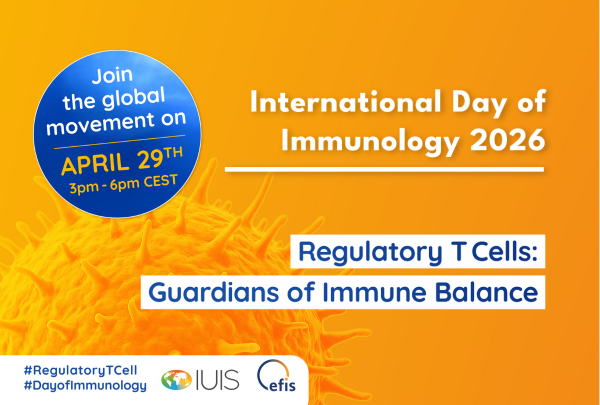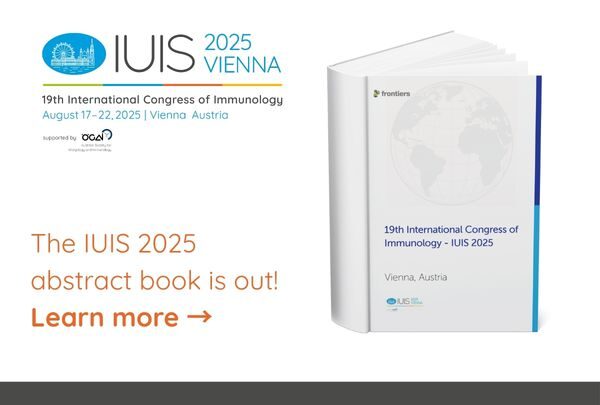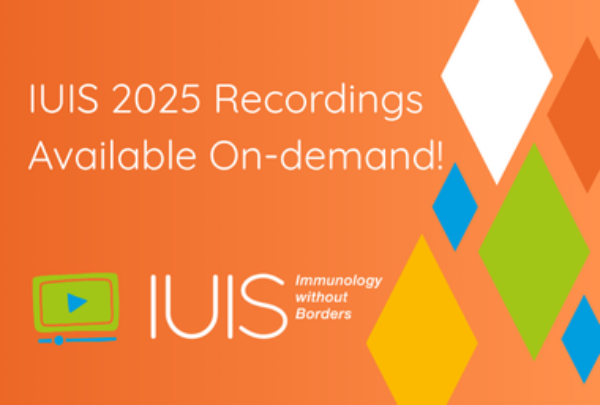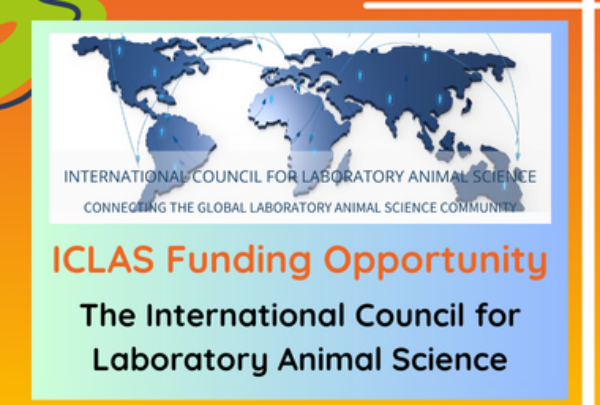The ability to quantify the activity of cytokines is an essential part of experimental and clinical investigation and is largely dependent upon the availability of suitable cytokine standards and reference reagents.
The International Cytokine and Interferon Society (ICIS) Standards Committee was established to make recommendations regarding interferon and cytokine standards and standardization to the ICIS membership, and thereby to the international cytokine scientific community. The Committee works closely with the World Health Organization (WHO), the National Institute for Biological Standards and Control (NIBSC), the U.S. National Institutes of Health (NIH), the Biodefense and Emerging Infections Resources Repository (BEI Resources), pharmaceutical manufacturers, and regulatory agencies.
The Committee includes members from several of these organizations. The role that the Committee plays as a source of information and recommendations to the ICIS membership, and to the international cytokine scientific community as a whole, is very much dependent upon suitable standards and reference materials made available by the NIBSC. Similarly, the Standardization and Nomenclature Committee of the ICIS reviews the need for cytokine standards and their usage. With the expanding role of cytokines and growth factors in the development and manufacture of biotechnology derived products e.g., monoclonal antibodies targeting cytokines/growth factors, biosimilar medicines, cell and/or gene therapy products, the need for suitable standards is increasing.
A comprehensive Table with WHO International Standards (IS), WHO reference reagents (WRR) and other cytokine and growth factor standards available from the NIBSC is available here.
ISs and WRRs are publicly available reference standards with defined units (International Unit) established by the WHO Expert Committee on Biological Standardization. Lyophilised and formulated to ensure long term stability, they serve as ‘primary’ standards for bioactivity and for calibration of secondary reference standards. The use of IS and WRR to calibrate commercially available or laboratory made reagents including immunoassays where feasible, as per WHO recommendations, facilitates comparisons of data between assays, different laboratories, and individual studies allowing global harmonisation.
Check out the full document here.








